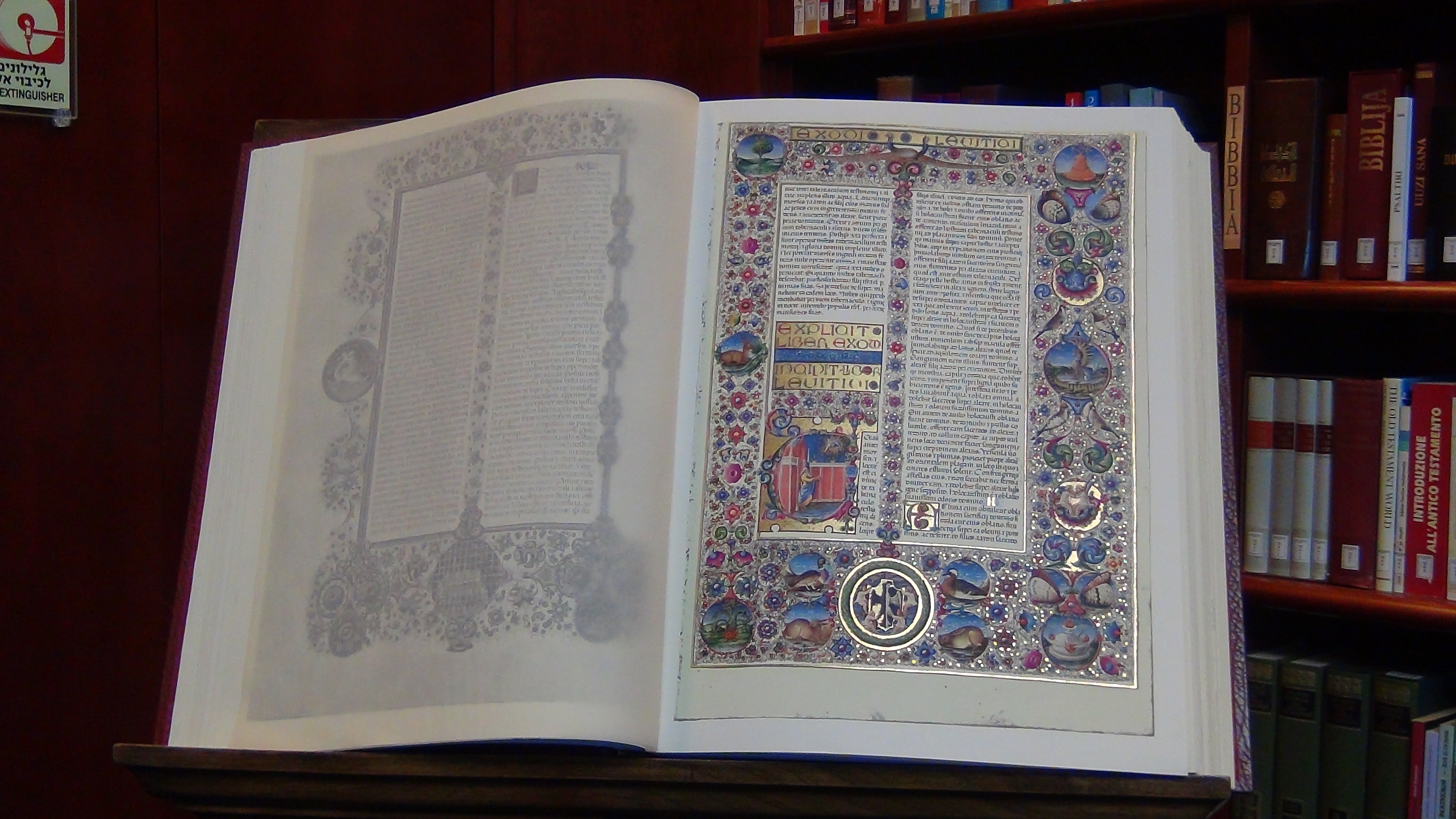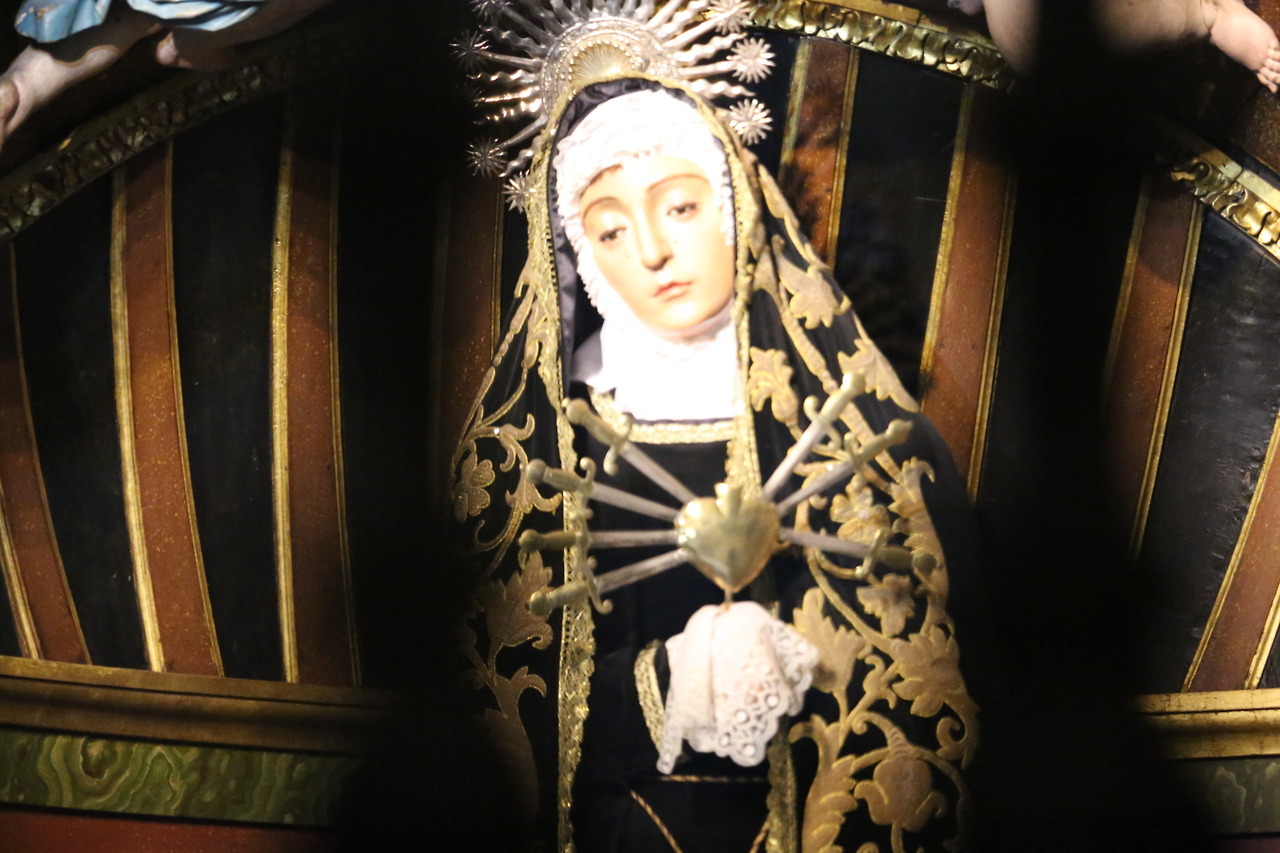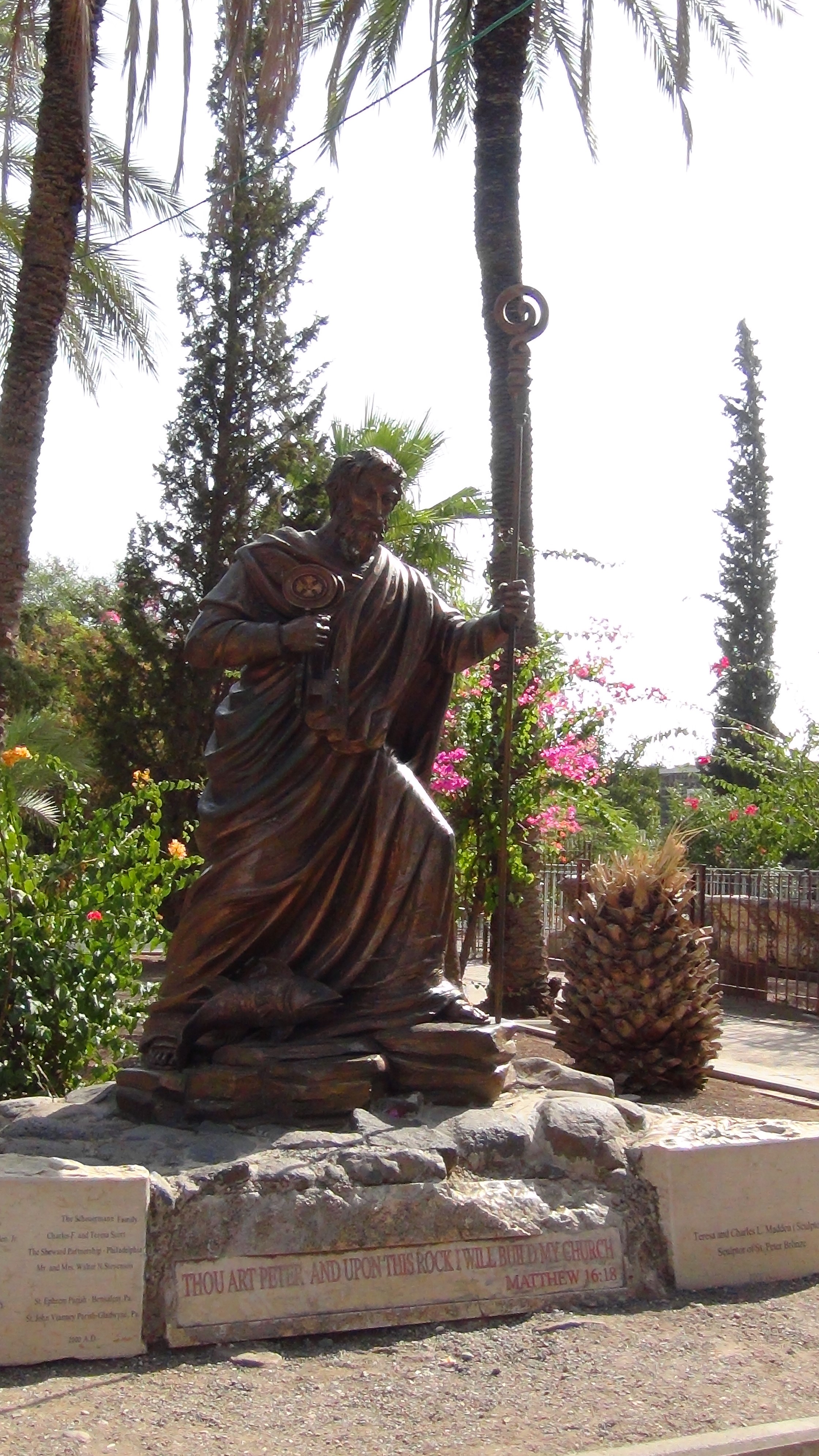Ex 19:2-6a; Ps 100:1-2, 3, 5; Rom. 5:6-11; Mt. 9:36-10:8
“Repent and believe in the gospel” is the beginning of our salvation. In order to repent we have to believe we are guilty of sin. Sin is defined by the standards set by the law giver and not by our standards. God reveals his way when we are in right relationship with him. The first step to being in right relationship is repentance. To repent we must recognize our sin in the eyes of God and not by our eyes that become blinded with self-justification. We must have a relationship with our God to know how to live by his ways. The word of God cannot be simply a list of rules and commands to follow as lost sheep in ignorance of our God. The word of God is his incarnation in Jesus to be in right relationship with him.
To believe in the gospel is to believe in Jesus Christ the word made flesh. The word of God is beyond a collection of books of people, places and historical events that speak to our faith in God. The word of God is a revelation of God that requires study to understand the gospel in the history of salvation. If the Mass is where we come to offer our worship of the Lord where is our instruction, our catechesis for right teaching and interpretation of the word? Where do we begin then to learn the gospel that we may live the gospel and become better Christians of the faith we profess? We begin by turning to the Church for proper instruction with endless resources. For example, the bible and the Catechism of the Catholic Church work together to deepen our understanding of the gospel message. The key is to begin and allow God to direct us to his next revelation of truth.
Repent and believe in the gospel. God is the just judge of what we have done and failed to do and his standards are based on perfection, “So be perfect, just as your heavenly Father is perfect” we are remined in Mt. 5:48. Who can say a day goes by in which we loved God perfectly, acted perfectly, forgave perfectly, and was perfectly charitable? Clearly not I. It is easy to say “I am a good person. I have nothing to confess.” avoiding the reality that God knows our every thought and motive behind our actions. God’s ways are not our way so we must come to know our God by way of God’s truth. In a world that tries to deny there is a God, deny there is absolute truth, deny there is a day of judgment coming, “sin” is simply a personal sense of right and wrong at best and at worst nonexistent to the truth deniers.
Every believer is called to seek God through prayer, word, fellowship and service. Prayer is personal and intimate but it is also unitive. God says “For where two or three are gathered together in my name, there am I in the midst of them” (Mt. 18:20). As Catholics we pray and we offer our prayers. The disciples asked Jesus to teach them to pray and he gave them the Lord’s prayer. The Bible is filled with psalms of prayer to become our prayer. In the Mass we unite our hearts as we respond to the prayers of the Church. We also go into our inner chamber where only our soul and God can enter to reveal himself to us, awaken us to his loving presence, and give us his light to follow his way. Without prayer we remain but lost sheep, a doubting Thomas, simply another truth denier.
The word of God is a revelation of God himself. It is a gift of knowledge to be studied with right interpretation. To correctly understand the fullness of scripture it comes through a literal, moral, allegorical, and mystical synthesis within the context of salvation history. It is too easy to be misguided and to misguide others if it is only viewed through the literal sense. Even those who try to accept only a literal interpretation of the bible admit none dare to cut off their hand or pull out their eyes for committing sin. Scripture is like a Rubik’s cube of four colors where all the sides must come together at the right place to complete the perfect picture. Centuries have been devoted to giving us that perfect picture of God’s revelation through his word but unless we seek and search, we remain in the darkness with only our own ill informed and limited understanding of the word of God.
We are called to be a community of faith. In fellowship we gather to offer our worship bringing together our prayers, the word of God, and to offer our service to do his will. Anyone who claims they don’t need church and rely on their own prayer to God is like someone seeking water from a dripping faucet on a hot day. The water quickly evaporates in a dry mouth unable to quench the thirst. Graces come from the one body by the authority Jesus gave to his disciples to “cure the sick, raise the dead, cleanse lepers, drive out demons.” Jesus instituted his church so that through the sacramental life of the church his graces may be poured out on the harvest. This is God’s way in Jesus with the Holy Spirit and through his church that we may “boast of God through our Lord Jesus Christ, through whom we have now received reconciliation.
To believe in the gospel is to believe we have a calling to service. For some it is to the priesthood but for most it is to be a witness of Jesus’ love and mercy by the way we lead our lives in service to others. Is our work a blessing we offer up to God or a simply a duty to fulfill for pay? To believe in the gospel is to believe that God can transform every act into a gift of service and a moment of grace in which he unites his people to be interdependent for a greater good. We become one body in Christ not in silos between God and each person but as a communion of saintly people who believe, follow and live the gospel truth.
In keeping God’s covenant, that is his promise to us by living his commandments we become his special possession. In baptism we join his kingdom baptized priest, prophet and king as a member of his holy nation. As members of his holy nation, we live the gospel message in service to each other. Then again nothing happens until it happens that we repent and believe in the gospel.





Recent Comments